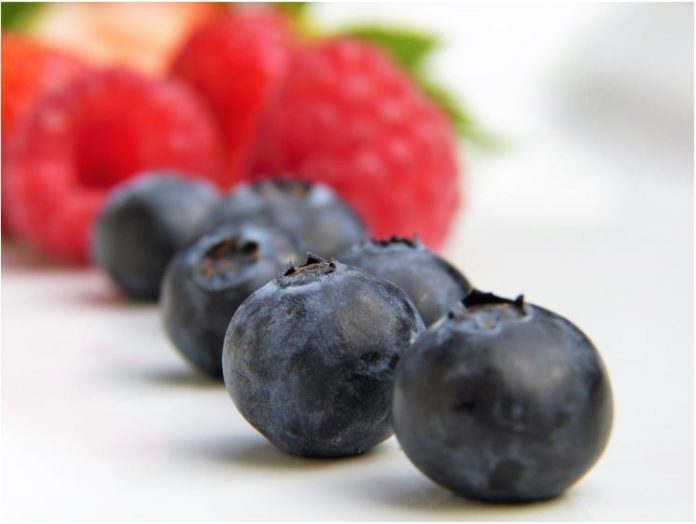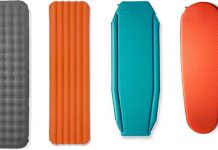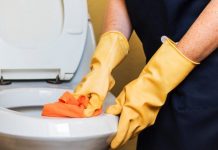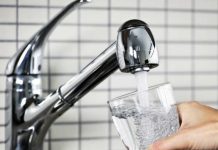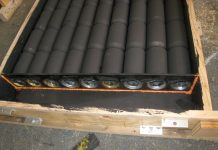Want five(ish) easy ways to help your immune system out that won’t cost you an (extra) dime? Well, you’ve come to the right place!
Almost without exception, giving your immune system a boost is a good thing, so let us take a look at six simple, inexpensive things that everybody can do to both help your immune system and live a healthier life in general.
A couple of them are things that we learned when we were pre-schoolers yet we still see people ignoring or forgetting.


Let’s Take A Simple Look At What Your Immune System Is & What it Does
Your immune system is kind of like your body’s internal security department. Your security officer cells keep watch of the bacteria that’s hanging out in your body, and it reacts when it finds either the wrong kinds of bacteria or bacteria that are in the wrong place.
Example: Your mouth is full of bacteria, and that’s OK… most of that bacteria is supposed to be there, and your immune system is cool with it. However, When you neglect oral care, the bacteria start to build themselves little condominiums on the surface of your teeth. These bacterial condos are called plaque. Spice did an article on this, so let’s borrow a bit of that article to explain an immune system in action, and problems that can arise when too bad bacteria take over.
Many kinds of bacteria can live in the mouth. Some are harmless or even helpful, some harmful. Plaque is a great place for the harmful species to live, so they get more abundant. These unpleasant species of bacteria start releasing acid to erode the teeth (they’re excavating a basement for themselves).
The immune system notices them and their damage and inflammation ensue. That’s the gum disease. Gum disease is, therefore, a kind of chronic inflammation that leaks inflammatory molecules into the bloodstream.
Related: How To Strengthen Your Immune System
Inflammatory molecules in the bloodstream cause the inner linings of the blood vessels to get inflamed. This vascular inflammation promotes a bunch of nasty disease processes, most notably atherosclerosis. Atherosclerosis is when lipid-based gunk builds up on the inside of your arteries.
When this gunk builds up on the inside of the arteries that feed blood to the heart muscle, it can cause heart attacks. (In the brain arteries, it causes strokes and promotes Alzheimer’s disease.) Atherosclerosis is not good.
So, not flossing seriously does increase your risk of a heart attack. I couldn’t make this stuff up.
Your immune system also has to deal with bacteria that enters through cuts, but it also has to deal (a LOT) with bacteria that enters through your mouth. Yep, the ole’ pie hole is ground zero of bacterial invasion.
One: Help Your Immune System By Killing Bacteria
No, we don’t want you to become neurotic about germs… but we do want you to wash your hands.
That’s right, the number one way you can help your immune system is simply washing your hands in hot, soapy water… or at least warm, soapy water. It doesn’t have to be scalding hot, because water that’s cool enough to put on your hands isn’t hot enough to kill most bacteria. It probably goes without saying, but it’s a really bad idea to pour boiling water on your hands. DO NOT do this. Obviously.
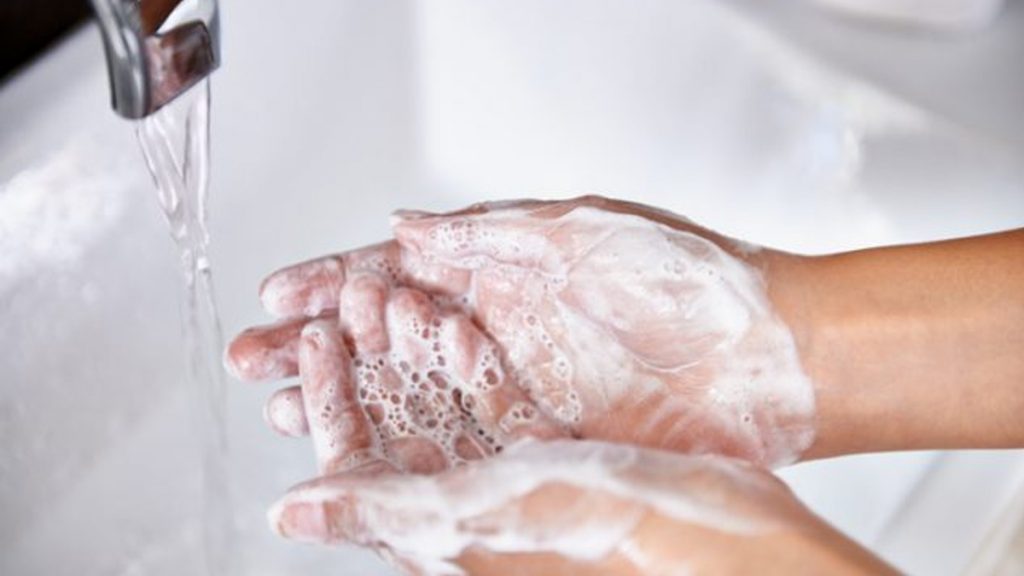

It’s actually the soap that does the work, not the hot water. Why use hot water then? Because you are more likely to spend an adequate amount of time washing your hands if you are comfortable doing it. Face it, if you are using ice cold water to wash your hands, you probably aren’t going to do it for long enough, right?
So the soap kills the germs and viruses, right? Well, no, it doesn’t do that either… unless you are using anti-bacterial soap which is something we absolutely DO NOT recommend.
The soap actually removes the oil from our skins, and the oil is what collects the bacteria and virus invaders on our hands. Yeah, it’s weird, but it’s true.
Another way you can keep bacteria away is to wash out any cut that you may have with soap and water, removing any and all particles that you can. Yes, this often hurts like the blazes, but it works quite well which is why hospitals and other medical care facilities do it.
Related: Remedies – Immune Elderberry Astragalus Gummies
Two: Avoid Opening Doors In Public If You Can…
What? Seriously? Isn’t this just a bit… I dunno… wonky?
Here’s the thing: If you keep bacteria and viruses out of your body, it will help your immune system not become overworked and it will help keep you alive and well.
Bad bacteria and viruses primarily enter through our yap traps (otherwise known as our mouths) from our contaminated hands.
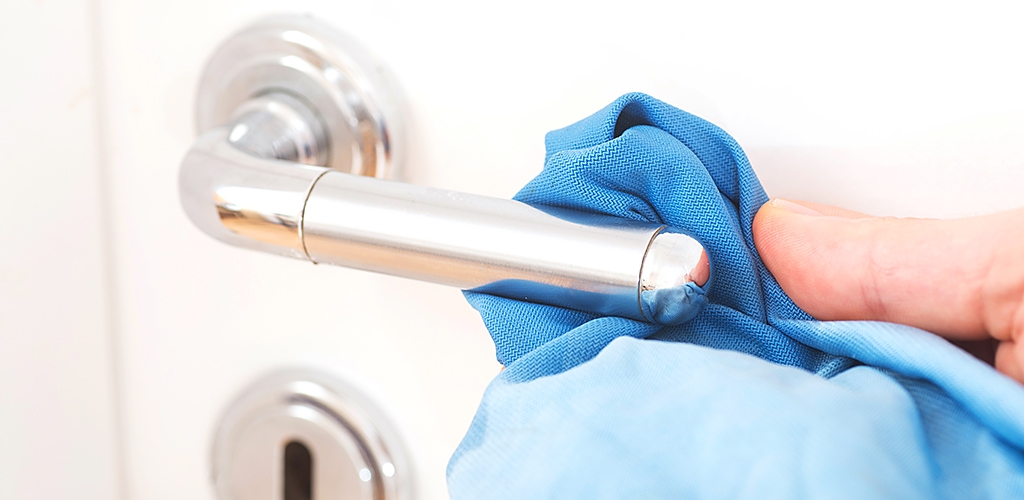

Let me tell you a story… a couple of months ago I went into the bathroom at a restaurant to wash my hands before we ate. As I pulled up to the sink, I saw a man open up one of the stalls and walk right past me without stopping to wash his hands. The door opened inwards (something that NO public bathroom door should be set up to do, but most are) so he grabbed the door handle with the hand he just wiped his butt with and walked right out.
Not To Gross You Out Or Anything, But…
The thing is, that happens many, many times a day in public places, we just don’t happen to see it.
So what did I do? I washed my hands, then grabbed a couple of paper towels and used them to open the door so I didn’t get his poo all over my hands. There’s often a trash can right next to the door for people who do just that. In this case, there wasn’t. My action? I threw the paper towels down on the floor of the bathroom and walked out.
I know, you are probably thinking “wow, what a jerk move that is” but I gotta be honest, I’m not going to let that guy’s poo make me sick. If enough people do what I just did, then the business will put a trash can by the door like they should have done a long time ago.
There have been times when there was no way to open the door with a paper towel (hand air dryers) that I just stood there and waited for somebody to come in (Howard Hughes style, if you’ve seen the movie “The Aviator”).
I often stick my hand all the way through the handle and use my wrist to open these doors or use just a pinky finger. I don’t touch face or food very often with wrists and pinkies. I also use knuckles to push ‘public use’ buttons, to get less exposure on the pads of my fingers where it will more easily spread.
Related: How To Make An All Purpose Cleaner
Three: A Diet Filled With Antioxidants & Micro-nutrients
The immune system uses a dangerous set of chemicals called ‘free radicals and reactive oxygen species’ to kill invaders. Enough of these oxidizers is important, too much is harmful to your healthy cells (including the immune cells themselves). Antioxidants are chemicals that control and neutralize these free radicals and reactive oxygen species.
Vitamins C and E are among many antioxidants one finds in fruits and vegetables. Generally, the brighter-colored specimens have the most antioxidants, and different colors tend to contain different antioxidants. Therefore, a nice selection of colorful fruits and vegetables in your food gives you a nice selection of antioxidants, resulting in your best immune function.
But can’t one just get those in a vitamin supplement? Well, sorta. You can get them there, and it’s better than not getting them. However, we’re finding out there are a lot more of those useful chemicals than the few they know about and put in the supplements. Also, the naturally occurring ones seem to work better. Taking vitamins doesn’t improve health outcomes for the general population while eating lots of colorful fruits and veggies do.
Micronutrients also include minerals like iron, magnesium, selenium, and so forth. We need these only in small quantities. Often it’s the immune cells that use them. Getting good minerals, therefore, helps immunity too. It’s the same story with the supplements, people have better outcomes when they get these in food than when they pop the vitamin.
Related: How to Make All-Natural Homemade Turmeric Pain Pills
Four: Sleep
Sleep? Getting a good night’s sleep will really help my immune system? Seriously?
You bet it will!


Studies show that people who don’t get enough sleep are much more likely to get sick after being exposed to a virus.
Here’s why.
According to the Mayo Clinic’s article on this subject… Dr. Eric J. Olsen, MD, states “During sleep, your immune system releases proteins called cytokines, some of which help promote sleep. Certain cytokines need to increase when you have an infection or inflammation, or when you’re under stress. Sleep deprivation may decrease the production of these protective cytokines. In addition, infection-fighting antibodies and cells are reduced during periods when you don’t get enough sleep.”
Here’s a fancy pants article from a peer-reviewed article that says the same thing in science-speak: Behaviorally Assessed Sleep and Susceptibility to the Common Cold
There’s also the fact that lack of sleep is a stressor. We don’t get enough sleep, we release the stress hormone cortisol in higher amounts. High amounts of cortisol depress our immune responses.
Five: Exercise
That’s right, exercise. We went there… we had to because it’s just plain the truth.
The thing is, people know that it works because there have been peer-reviewed studies that show that exercise is effective in strengthening the immune system.
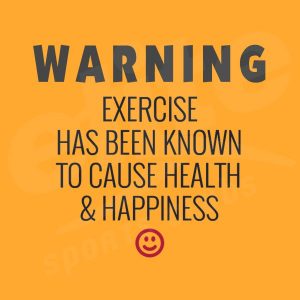

But… nobody’s really sure exactly HOW it does it. Some of it is from getting small, regular doses of cortisol, instead of the excess amounts that come with high stress.
Do I care? No. There are tons of things out there that work just fine whether I know how they do it or not.
The folks over at Medline.gov have a pretty good take on this, so let’s see what they have to say on exercise boosting immunity:
We do not know exactly if or how exercise increases your immunity to certain illnesses. There are several theories. However, none of these theories have been proven. Some of these theories are:
- Physical activity may help flush bacteria out of the lungs and airways. This may reduce your chance of getting a cold, flu, or other illness.
- Exercise causes changes in antibodies and white blood cells (WBC). WBCs are the body’s immune system cells that fight disease. These antibodies or WBCs circulate more rapidly, so they could detect illnesses earlier than they might have before. However, no one knows whether these changes help prevent infections.
- The brief rise in body temperature during and right after exercise may prevent bacteria from growing. This temperature rise may help the body fight infection better. (This is similar to what happens when you have a fever.)
- Exercise slows down the release of stress hormones. Some stress increases the chance of illness. Lower stress hormones may protect against illness.
Sorry, medline.gov, the weight of evidence is that regular exercise Does improve immunity. We just don’t know which of these mechanisms are playing important roles.
Related: How to Maintain Your Sanity If You’re Alone?
Conclusion
That’s it, five(ish) simple things, not a single one of which is going to cost you an extra dime over what you should already be spending.
We’ve used a bit of a joking tone in the article, but we are stone cold serious that all five of these things will help improve your immune system and keep you and your family healthier.
Not only will they help your immune system, but they will help other parts of you including your blood pressure, help prevent (or reduce the effects of) diabetes, and a whole lot more.
There are other obvious things that we don’t list (stop smoking, avoid stress, keep away from crowds as much as possible, etc.) but these five things we do talk about we know will help you out.
These are things we do ourselves.
*Yes, there are a couple of exceptions, but by and large, we would much rather risk getting caught by the much-rarer exceptions if it comes to that.



